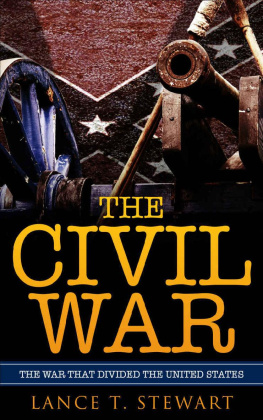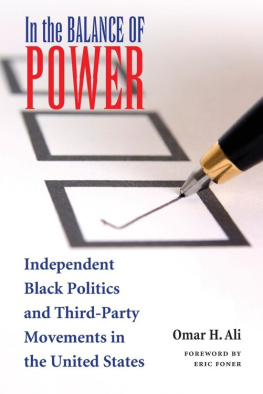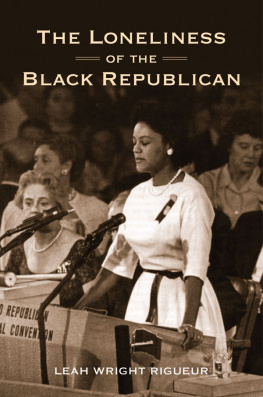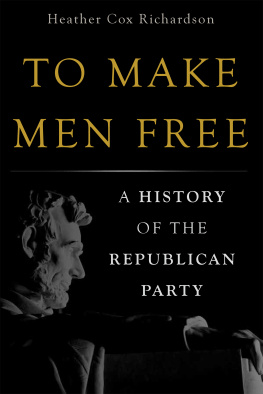Robert J. Cook - Civil War Senator: William Pitt Fessenden and the Fight to Save the American Republic
Here you can read online Robert J. Cook - Civil War Senator: William Pitt Fessenden and the Fight to Save the American Republic full text of the book (entire story) in english for free. Download pdf and epub, get meaning, cover and reviews about this ebook. year: 2011, publisher: LSU Press, genre: Politics. Description of the work, (preface) as well as reviews are available. Best literature library LitArk.com created for fans of good reading and offers a wide selection of genres:
Romance novel
Science fiction
Adventure
Detective
Science
History
Home and family
Prose
Art
Politics
Computer
Non-fiction
Religion
Business
Children
Humor
Choose a favorite category and find really read worthwhile books. Enjoy immersion in the world of imagination, feel the emotions of the characters or learn something new for yourself, make an fascinating discovery.

- Book:Civil War Senator: William Pitt Fessenden and the Fight to Save the American Republic
- Author:
- Publisher:LSU Press
- Genre:
- Year:2011
- Rating:4 / 5
- Favourites:Add to favourites
- Your mark:
Civil War Senator: William Pitt Fessenden and the Fight to Save the American Republic: summary, description and annotation
We offer to read an annotation, description, summary or preface (depends on what the author of the book "Civil War Senator: William Pitt Fessenden and the Fight to Save the American Republic" wrote himself). If you haven't found the necessary information about the book — write in the comments, we will try to find it.
One of the most talented and influential American politicians of the nineteenth century, William Pitt Fessenden (1806--1869) helped devise Union grand strategy during the Civil War. A native of Maine and son of a fiery New England abolitionist, he served in the United States Senate as a member of the Whig Party during the Kansas-Nebraska crisis and played a formative role in the development of the Republican Party. In this richly textured and fast-paced biography, Robert J. Cook charts Fessendens rise to power and probes the potent mix of political ambition and republican ideology which impelled him to seek a place in the U.S. Senate at a time of rising tension between North and South.
A determined and self-disciplined man who fought, not always successfully, to keep his passions in check, Fessenden helped to spearhead Republican Party opposition to proslavery expansion during the strife-torn 1850s and led others to resist the cotton states efforts to secede peaceably after the election of Abraham Lincoln in 1860. During the Civil War, he chaired the Senate Finance Committee and served as President Lincolns second head of the Treasury Department. In both positions, he fashioned and implemented wartime financial policy for the United States.
In addition, Fessendens multifaceted relationship with Lincoln helped to foster effective working relations between the president and congressional Republicans. Cook outlines Fessendens many contributions to critical aspects of northern grand strategy and to the gradual shift to an effective total war policy against the Confederacy. Most notably, Cook shows, Fessenden helped craft congressional policy regarding the confiscation and emancipation of slaves. Cook also details Fessendens tenure as chairman of the Joint Committee on Reconstruction after the war, during which he authored that committees report. Although he sanctioned his partys break with Andrew Johnson less than a year after the wars end, Cook explains how Fessenden worked decisively to thwart attempts by Radical Republicans to revolutionize post-emancipation society in the defeated Confederacy.
The first biography of Fessenden in over forty years, Civil War Senator reveals a significant but often sidelined historical figure and explains the central role played by party politics and partisanship in the coming of the Civil War, northern military victory, and the ultimate failure of postwar Reconstruction. Cook restores Fessenden to his place as one of the most important politicians of a troubled generation.
Robert J. Cook: author's other books
Who wrote Civil War Senator: William Pitt Fessenden and the Fight to Save the American Republic? Find out the surname, the name of the author of the book and a list of all author's works by series.








